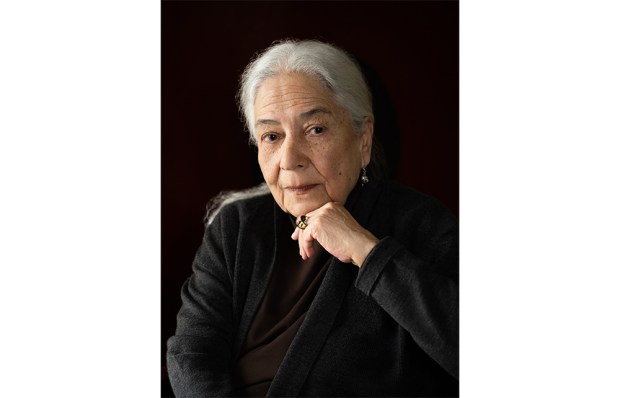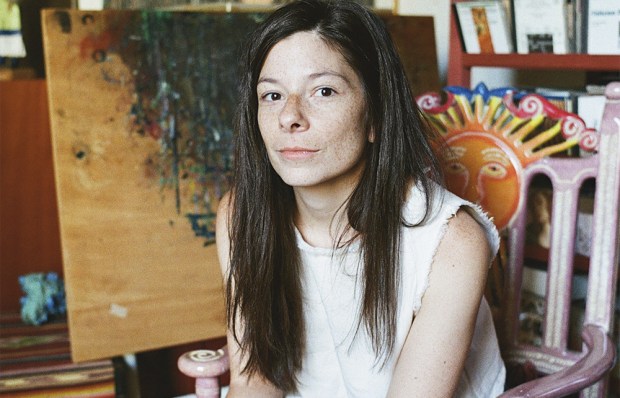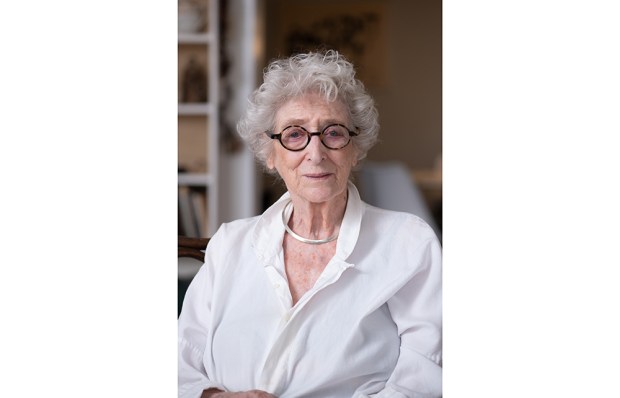Tessa Hadley is the queen of the portentous evening, the pregnant light and the carefully composed life unwittingly waiting to be unravelled. Free Love, like its predecessor Late in the Day, begins on one such evening. The year is 1967 and Phyllis, a suburban housewife, is applying her make-up. She and her husband, a ‘respected Arabist’, are expecting the son of a family friend for dinner.
Already a subscriber? Log in
Subscribe for just $2 a week
Try a month of The Spectator Australia absolutely free and without commitment. Not only that but – if you choose to continue – you’ll pay just $2 a week for your first year.
- Unlimited access to spectator.com.au and app
- The weekly edition on the Spectator Australia app
- Spectator podcasts and newsletters
- Full access to spectator.co.uk
Or
Unlock this article
You might disagree with half of it, but you’ll enjoy reading all of it. Try your first month for free, then just $2 a week for the remainder of your first year.














Comments
Don't miss out
Join the conversation with other Spectator Australia readers. Subscribe to leave a comment.
SUBSCRIBEAlready a subscriber? Log in